Spain has emerged as one of the hubs in the renewable energy sector, with a prime focus on solar energy. The government has extended a number of policy-related and subsidy-related initiatives that have paved the way for installing residential solar systems. This move has been quite instrumental in promoting sustainability, reducing electricity bills among home owners, and aiding the country's climate goals.
1. Overview of Government Initiatives
Among these, the Spanish government has embarked on a key initiative under MITECO: it has initiated a recovery fund called "Next Generation EU," which will provide over €400 million for residential solar energy projects. This is part of an overall €6.1 billion investment in clean technologies that this government is contemplating in the near future as a means of projecting its ambition in respect of the green transition.Moreover, the government provides tax incentives for solar installations. There are income tax breaks for homeowners on the cost of the installation of solar panels that allow savings between 30% and 50%, depending on the region. In addition, several municipalities offer discounts in property tax-IBI-with the aim of incentivizing the use of renewable energies.
Preguntas Clave Sobre Políticas de Energía Solar de España
- 1. What sort of incentives are available for residential solar installations? A: Incentives come in the form of direct monetary grants that result from the Next Generation EU fund, tax credits, and cuts in property tax.
- 2. How much funding is reserved for residential solar projects? A: The Spanish government has managed to carve out almost €400 million under the Next Generation EU fund for residential solar installations.
- 3. Are there more incentives besides batteries for energy storage systems? A: MITECO has granted a subsidy for 110 million euros concerning the installation of battery storage systems that could be combined with residential solar installations.
- 4. What about the development of solar energy in Spain due to these policies? A: Because of these policies, there has been an extraordinary boom in solar installations, positioning Spain among the leaders in renewable projects in Europe.
- 5. How does it differ from region to region with regards to solar subsidies? A: Subsidies may vary from region to region; some regions offer a higher amount of tax credit and further local incentives .
2. Financial Implication for the Homeowner
It is incentives, though, offered by the Spanish government that really makes solar energy accessible to homeowners. Subsidies reduce high initial investments and let families move to renewable sources of energy without substantial out-of-pocket costs.For instance, families trying solar energy can save up to 70% on electricity bills. Government subsidies have also considerably increased the return on investment in solar installations. Because of savings due to lower energy costs, coupled with tax incentives, a typical residential solar system pays for itself within 5 to 7 years.
This, in turn, furthers the full force of these economic benefits by adding to them in terms of the battery storage systems. Energy produced during the day and possibly in surplus can be stored for use at night or any other time when demand is high to maximize self-consumption and consequently reduce reliance on the grid. This ensures savings, but it also means energy independence.
3. Environmental and Social Benefits
On the other hand, incentives for residential solar energy in Spain are not only financially driven but deeper in terms of environmental and social aspects. The government will support the transition to solar energy as part of its efforts to reduce carbon emissions as an effective means of addressing climate change.
Spain has committed to being carbon neutral by 2050, and reaching that goal will necessitate further increasing renewables in the share of energy mix. It is to this aspiration that the expansion of residential solar systems makes its direct contribution by lessening dependency on fossil fuels and facilitating access to cleaner sources of energy.
The government's focus on renewable energy also forms part of the broader social goals in terms of job creation and economic development. The solar industry has already created thousands of jobs from installation to maintenance across the country, fostering a green economy benefiting communities.



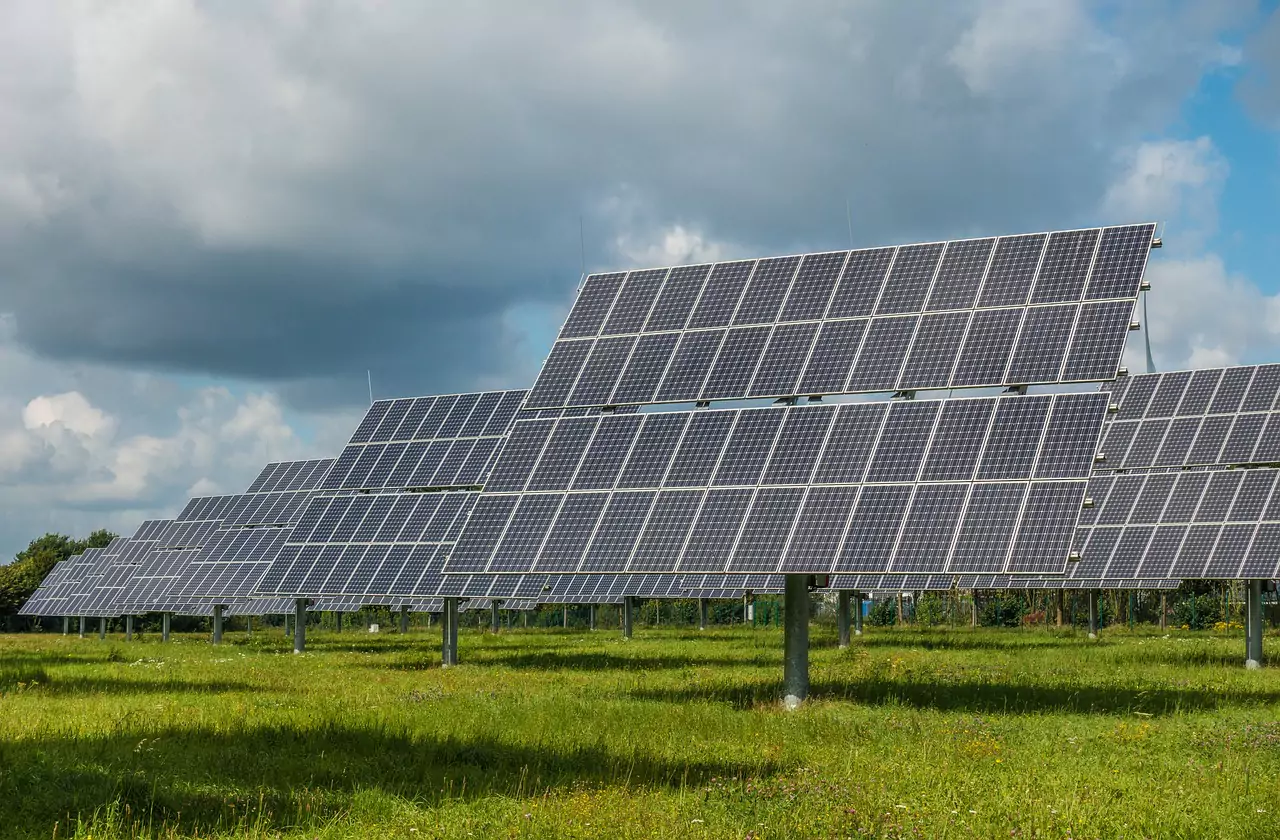

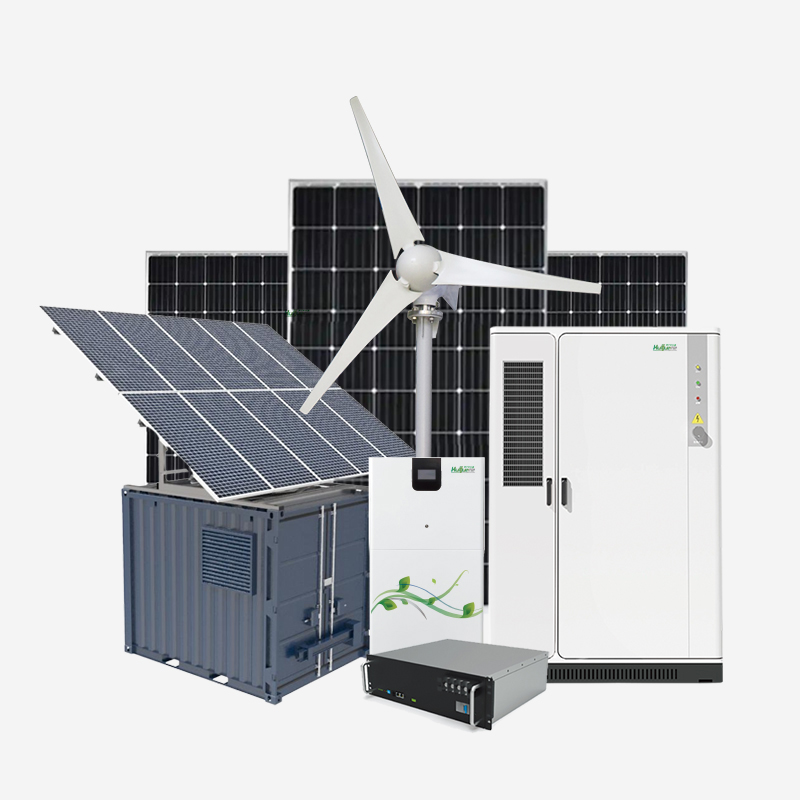
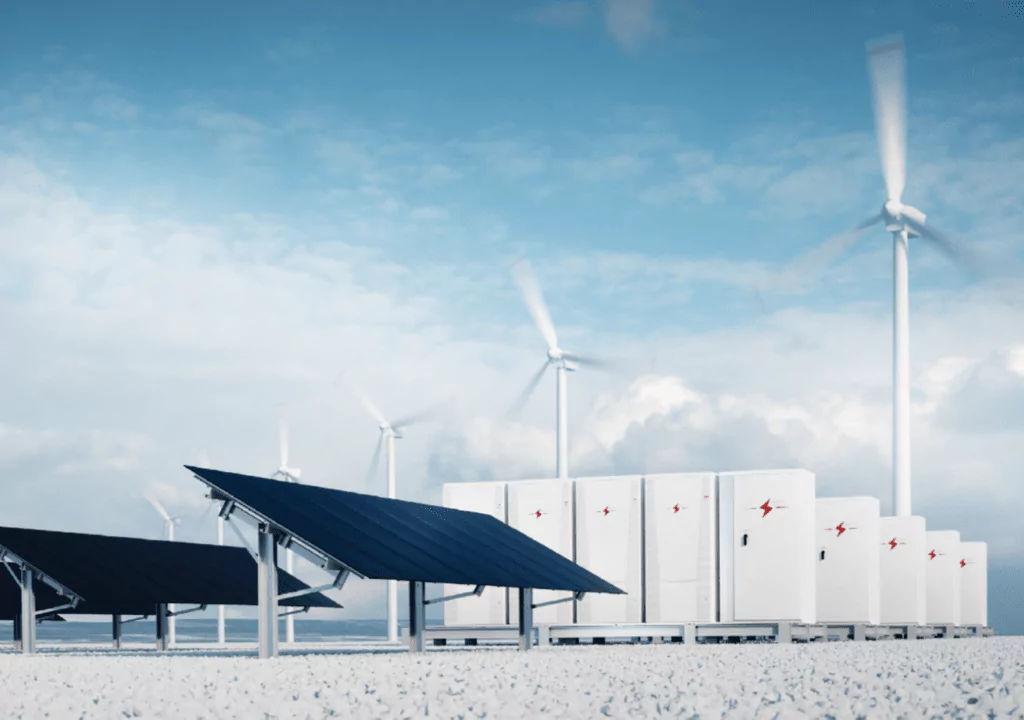
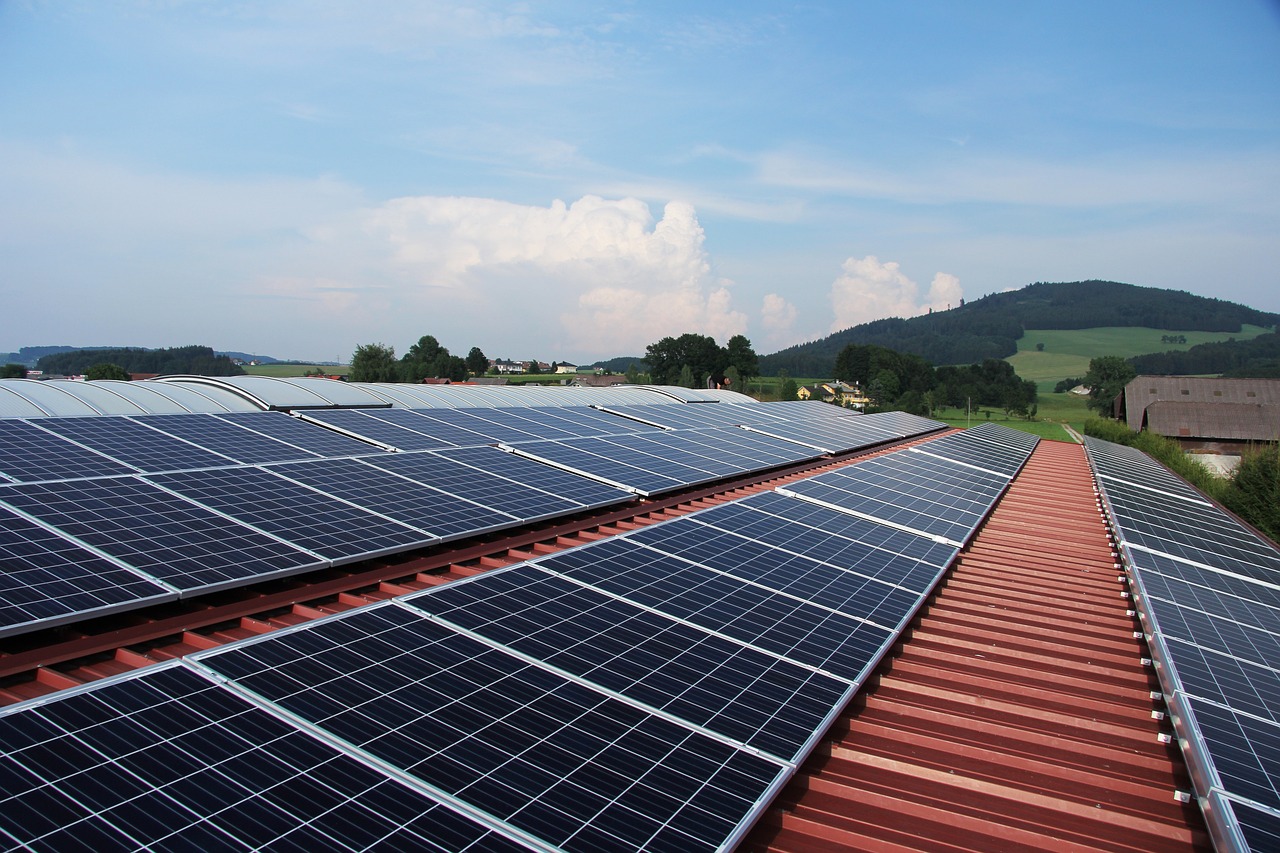

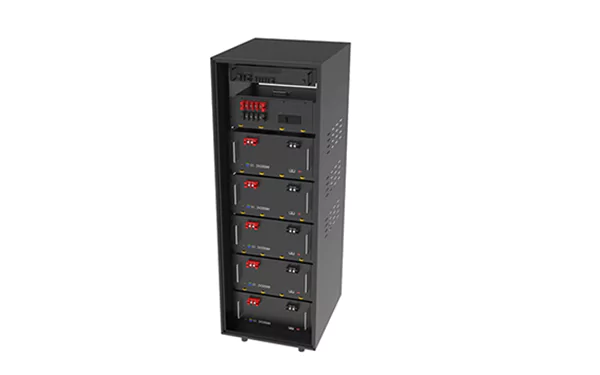





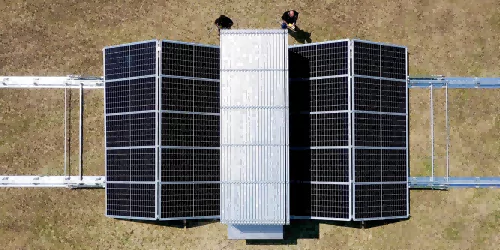
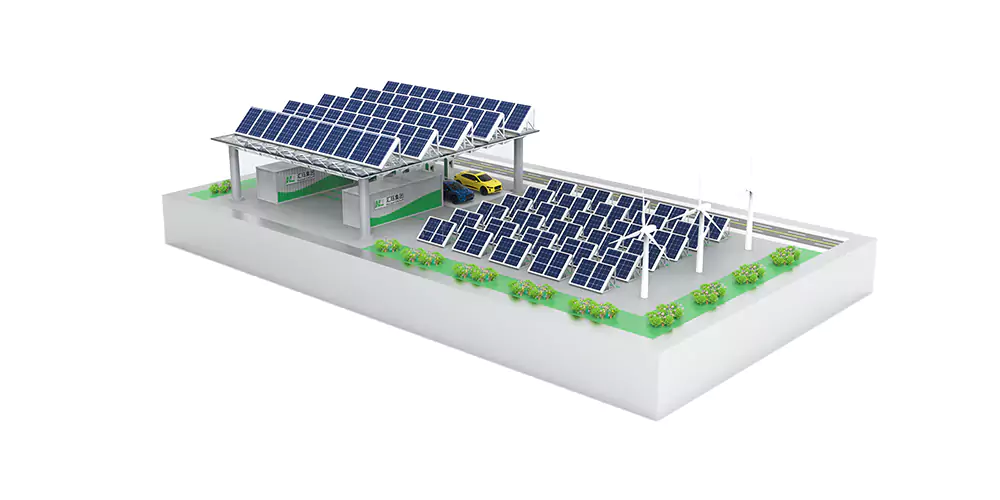


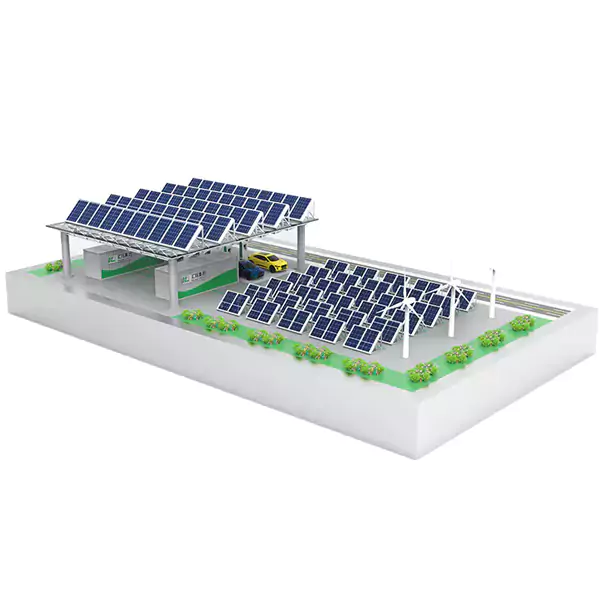
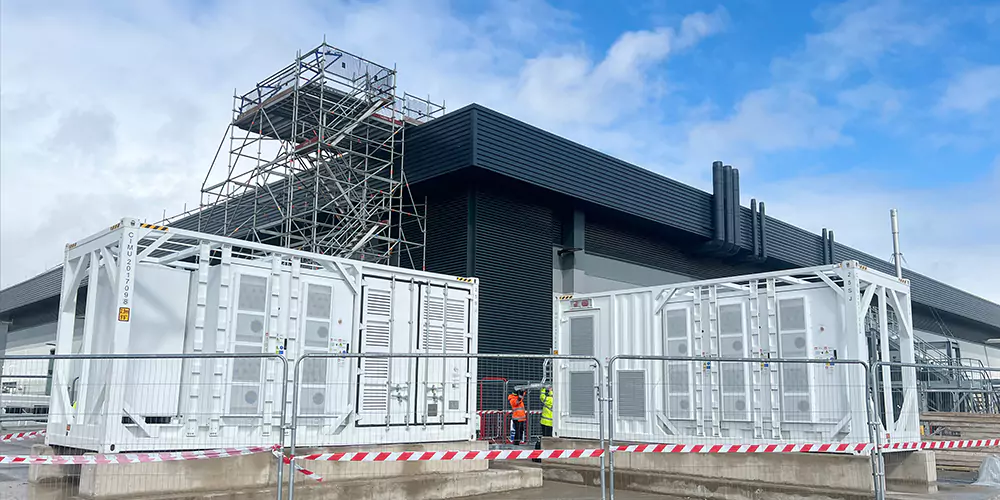
 Inquiry
Inquiry Online Chat
Online Chat